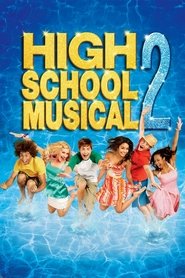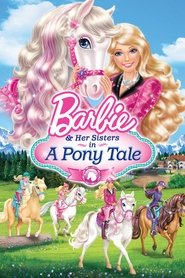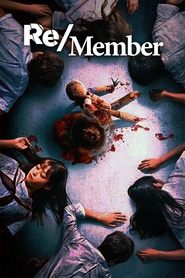
The Beggar's Opera
Unlike any other opera, the so-called Beggar's Opera is not just one composition, but a lineage of adapted compositions, beginning with the original hugely successful 1728 political satire written by Englishman John Gay. Composers and writers have penned variations on it ever since. The most famous of these was A Threepenny Opera by Bertholt Brecht and Kurt Weill. Some things these compositions share in common is their setting among the poor and criminal classes, and the roguish character Macheath. This production is based on an adaptation of Gay's original by Vaclav Havel the freedom-fighter, writer and philosopher who became the first (and only) president of the united post-communist country of Czechoslovakia, and it retains many traces of its theatrical origins. Film reviewers were not too tolerant of what they called "slavish adherence" to the noted Czech writer's stage production, but theater, philosophy and history buffs may feel otherwise.
- Overview
- Cast
- Crew
- Recommendations
The Beggar's Opera
- Overview
- Cast
- Crew
- Recommendations
Status
Released
Release Date
Oct 1, 1991
Runtime
1h 34m
Genres
Comedy, Drama, TV Movie
User Score
60%
Original Title
Žebrácká opera
Director
Jiří Menzel
Description
Unlike any other opera, the so-called Beggar's Opera is not just one composition, but a lineage of adapted compositions, beginning with the original hugely successful 1728 political satire written by Englishman John Gay. Composers and writers have penned variations on it ever since. The most famous of these was A Threepenny Opera by Bertholt Brecht and Kurt Weill. Some things these compositions share in common is their setting among the poor and criminal classes, and the roguish character Macheath. This production is based on an adaptation of Gay's original by Vaclav Havel the freedom-fighter, writer and philosopher who became the first (and only) president of the united post-communist country of Czechoslovakia, and it retains many traces of its theatrical origins. Film reviewers were not too tolerant of what they called "slavish adherence" to the noted Czech writer's stage production, but theater, philosophy and history buffs may feel otherwise.
Cast
Crew
Recommendations

Box

The Shooting Star

Keka

High School Musical 2

1

Rate Me

BTS World Tour: Love Yourself in Seoul

Serial Killers: The Real Life Hannibal Lecters

Box

Harry Potter and the Goblet of Fire

Spy Kids 2: The Island of Lost Dreams

BTS 2021 Muster: Sowoozoo Day 2

Barbie in Rock 'N Royals

Kal Ho Naa Ho

High School Musical: The Concert

Barbie & Her Sisters in A Pony Tale

Re/Member

Night at the Museum: Battle of the Smithsonian

Qwerty







